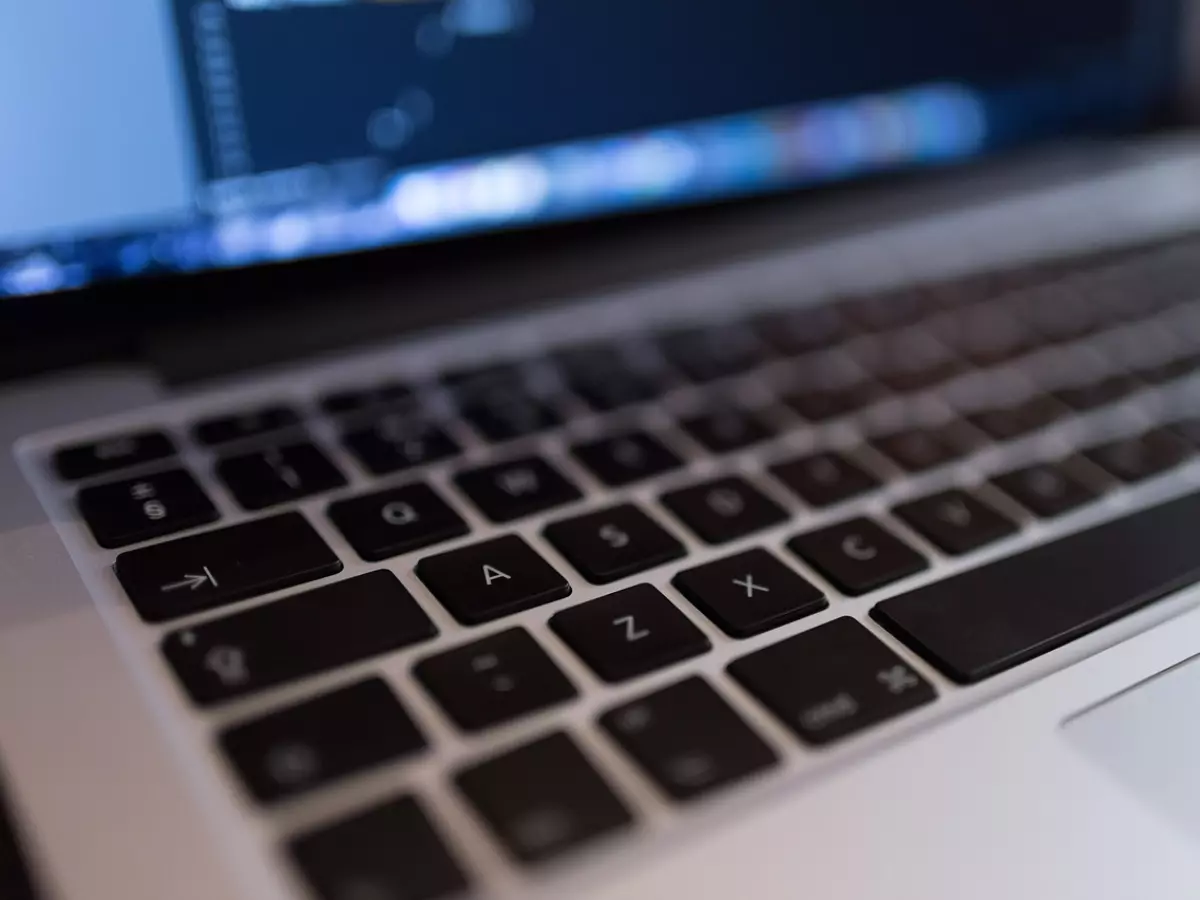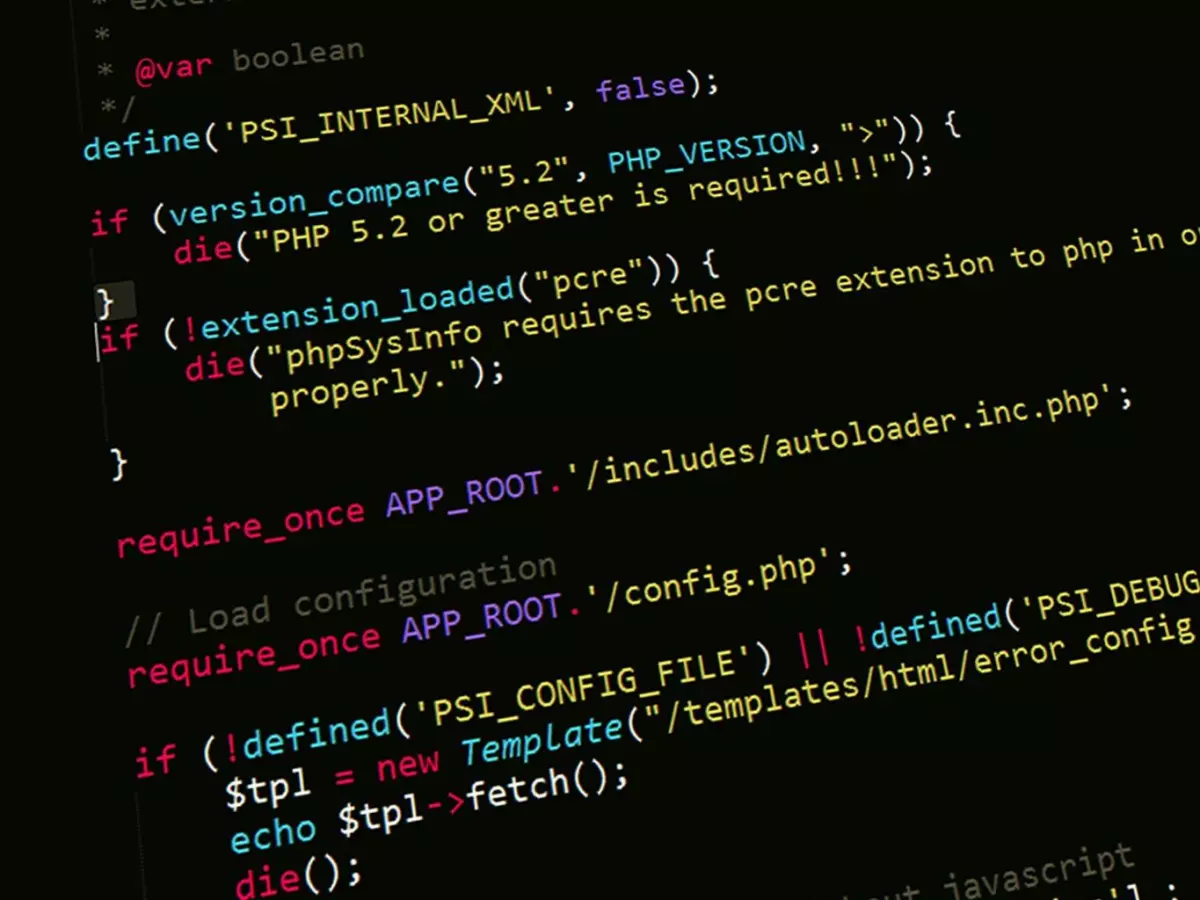Windows on Everything?
Can you really run Windows on your iPhone or Android? Well, yes and no. Let's break it down.

By Dylan Cooper
Microsoft has just dropped a bombshell with the release of its new 'Windows App' for macOS, iOS, iPadOS, Android, and even web browsers. But before you start imagining running full-blown Windows 11 on your iPhone, let's pump the brakes for a second. This app isn't exactly what it seems at first glance.
So, what is it? In short, it's a tool that allows users to access Windows remotely from any device. Think of it as a next-gen version of Microsoft's old Remote Desktop app, but with a lot more flexibility and power. The app is designed to work with services like Windows 365, which lets businesses rent cloud-based PCs. In other words, you're not running Windows natively on your phone or tablet, but rather streaming it from the cloud. Still cool, but not quite the revolution you might have been hoping for.
Now, I know what you're thinking: 'Isn't this just Remote Desktop with a new name?' Well, yes and no. The new Windows App brings a host of upgrades that Remote Desktop was sorely lacking. For starters, it's a lot more user-friendly, with a cleaner interface and smoother performance across all platforms. Plus, it's designed to work seamlessly with Microsoft's cloud-based services, making it a much more powerful tool for businesses and power users.
But here's the kicker: this app isn't just for enterprise users. Sure, it's primarily aimed at businesses that need to manage remote workforces, but there's no reason why regular folks can't take advantage of it too. Imagine being able to access your home PC from anywhere in the world, using nothing but your phone or tablet. Whether you're a gamer who wants to sneak in a quick session of *Cyberpunk 2077* during your lunch break, or a developer who needs to access code on the go, this app opens up a lot of possibilities.
Why Should You Care?
Okay, so maybe you're not a business owner or a hardcore gamer. Why should you care about this new Windows App? Well, for one thing, it represents a major shift in how we think about computing. The idea of renting a PC in the cloud and accessing it from any device is pretty revolutionary. It means that the days of being tied to a single physical machine are numbered. In the future, you might not even need a powerful laptop or desktop at all. Instead, you could just rent a high-powered cloud PC and access it from whatever device you have on hand.
And let's not forget the potential for AI integration. With Microsoft's heavy investment in AI, it's not hard to imagine future versions of this app incorporating AI-powered tools to make remote work even more efficient. Imagine having an AI assistant that can help you manage your files, troubleshoot issues, and even automate tasks, all while you're accessing your cloud PC from your phone. The possibilities are endless.
Of course, this raises some interesting questions about privacy and security. If you're accessing a cloud-based PC from your phone, how secure is that connection? And what happens to your data if the cloud service goes down? These are valid concerns, and it's something Microsoft will need to address as more people start using the app. But for now, the convenience and flexibility of being able to access Windows from any device is hard to ignore.
The Bottom Line
So, is the new Windows App a game-changer? In some ways, yes. It's not the full-blown Windows-on-your-phone experience that some people might have been hoping for, but it's still a powerful tool that opens up a lot of new possibilities. Whether you're a business owner, a gamer, or just someone who likes the idea of being able to access your PC from anywhere, this app is definitely worth checking out.
And who knows? As cloud computing and AI continue to evolve, this might just be the first step toward a future where the device you're using doesn't matter nearly as much as the software you're accessing. Welcome to the future of computing, folks.
For more details, check out the original coverage on Presse-Citron.





